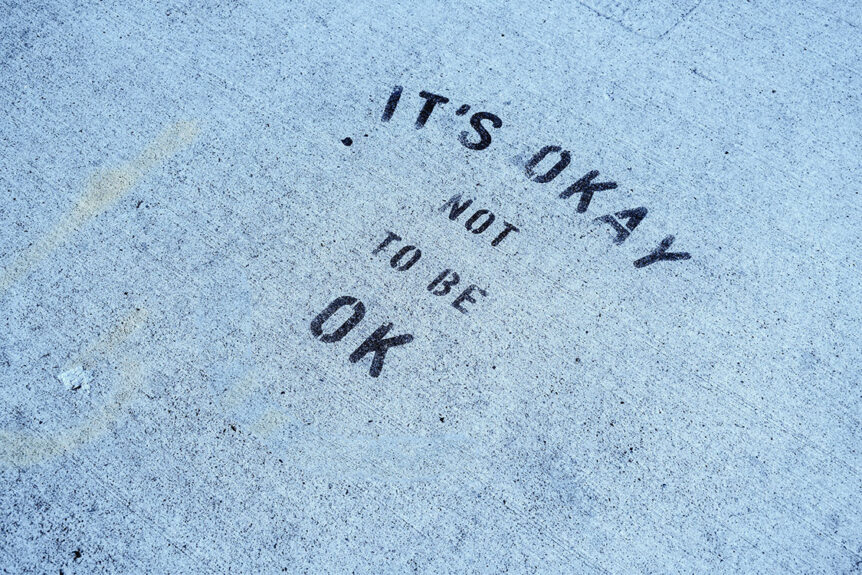A few months after our son Robb died, the editor I was working with enquired how I was doing. She asked with sensitive compassion, and since we’d developed enough trust—battling through edits can do that!—I decided to be honest with her. I began my response by saying, “Since it’s you, and I can be real, I can admit that I’m not so good, actually.”
Her response went something like this: “Since it’s me? You should be able to be completely real with everyone!”
Oh, my friend. Not quite.
Because those of us who live in this world of the leader know that many in our shadow depend upon our being healthy—emotionally and spiritually. When we demonstrate weakness in any form—whether consequences of our own sin or the victims of the hard realities of life itself—those who look to us for strength and guidance find their own foundations wobbling along with us. If we’re insecure, they feel unstable and vulnerable. And whether by pro-active or passive communication, those who depend upon us in that (unhealthy) way make their unhappiness known. The clear message is this: “You can’t struggle because then I do, too.”
I’ve come to realize that this intense pressure—and it’s always there, whether smoldering or front ‘n center, in your face—drives the leader’s ego and/or deepest needs in one of two possible directions. Either he or she puts all energies towards building and maintaining a façade, i.e. the Facebook “just look how great we’re doing!” posts or the “we’ve got it all together” appearances in the ministry setting. The second option finds the leader focusing on building and fortifying his or her base: the inner life, the walk with God, the place where what’s Real dwells.
Except that I’ve made that dividing line of “either this…or that” far too black and white. Because too often I succumb to the pressures of society to present an image that is far from the reality of what’s going on underneath. The question I need to constantly ask myself is this: Where am I putting most of my energies? The façade? Or the stark reality of my relationship with God? Ultimately, which matters the most to me?
Maybe a good way to symbolically picture this is by imagining a home that appears professionally decorated and neat as a pin on the first floor. But the basement? It’s dirty and smells awful and has become a hoarder’s dream with piles of everything imaginable stacked from floor to ceiling. That incongruity feels disingenuous and uncomfortable, but if we keep feeding that dichotomy, slowly but surely it all begins to feel way too comfortable. And besides. I entertain company on the first floor. Who sees my basement?
Eventually, the inevitable happens: A national leader’s fall from grace will be splashed all over the media with attention-attracting headlines. Followers are devastated and stunned. He always appeared so spiritual! So together! So worthy of emulation! But just like that, another spiritual hero bites the dust.
However, you and I both know it’s not just leaders who bend to that pressure. Truth is, we all do—we all make choices for options one and two, probably several times, daily. We’re just as tempted by that all-consuming need to present that manufactured “aren’t you all envious how awesome I am” image.
Self-evaluation can prove uncomfortable, tricky and painful. But we all must commit to that in a culture that’s way too focused on appearances, a “show,” a presentation of happy pictures and perfect people on social media. We need to be courageous enough to honestly evaluate: Where am I putting the majority of my time and energy?
What’s your basement look like?

